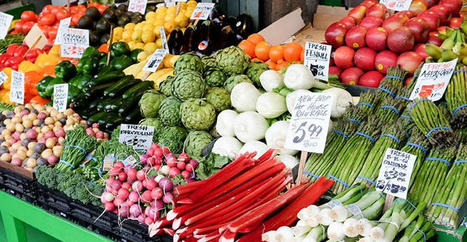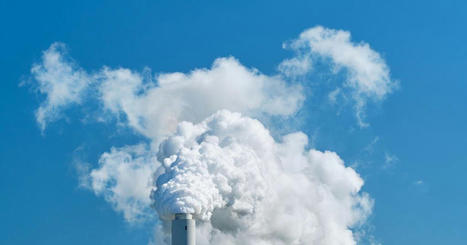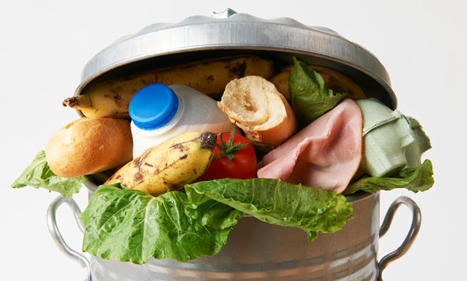BT has announced a new programme aimed at reducing business customers’ e-waste by recycling end-of-life equipment and helping them achieve their targets for a circular economy.
BT says its new service with Cisco will reduce e-waste and support a more sustainable world. It’s the latest step in BT Group’s Manifesto pledge to move to circular products, networks and operations by 2030, and then extend this across its supply chain by 2040.
The new programme comes as organisations around the world are transforming their network and IT infrastructure to support the latest multi-cloud deployments, BT says. As part of this transformation, BT continues that its environmental specialists will work with customers to better understand and map the role of sustainability in a digital world.
As part of the service, replaced or decommissioned electronic equipment from a customer’s network will be shipped back to Cisco to be “responsibly” reused or recycled through its takeback and reuse programme. BT says up to 99.9% of what is returned will be reused or recycled.
Creating a more sustainable, circular economy, where we prioritise dematerialisation and avoid equipment going to landfill, is vital.
Via EcoVadis



 Your new post is loading...
Your new post is loading...













